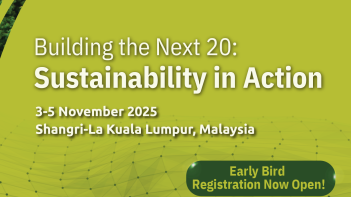- Oil palm companies can play a role in conservation and help retain important biodiversity if forest set asides are large enough, and threats to biodiversity and habitat are managed effectively.
- Biodiversity can be found across the oil palm landscape, not only in forest set asides, which indicates the importance of landscape-scale management approach.
- There is no silver bullet solution to biodiversity management in oil palm plantations. Different interventions and solutions for management and monitoring (M&M) will be required depending on local context, and proper management have demonstrated good results.
- Strong support from company owner(s) or top management is integral in driving the biodiversity objective.
- While conservation benefits often originate from well-established biodiversity management, it is not clear if they were achieved due to RSPO certification.
In RSPO’s effort towards achieving our vision of ‘transforming markets to make sustainable palm oil the norm’, one of the key outcomes that we hope to achieve through our standards and procedures is to sustain biodiversity within and outside of certified concessions. This involves the preservation of rare, threatened and endangered (RTE) species, as well as preservation of High Conservation Value (HCV) areas and more recently, High Carbon Stock (HCS) forests.
With the aim to better understand our progress towards this key outcome, the RSPO commissioned a study in late 2019 to evaluate how certification processes can and/or have contributed to the protection of species and landscapes, and to identify the opportunities for improvement.
The study looked at five RSPO member companies that have been objectively assessed for their high-quality management through the Sustainability Policy Transparency Toolkit (SPOTT) – Agropalma in Brazil; PT Kayung Agro Lestari (KAL) under PT Austindo Nusantara Jaya Tbk (ANJ) Group, United Plantations, and REA Kaltim in Indonesia; and Wilmar International Limited in Malaysia. The estates in each of these companies were assessed to determine how their management has addressed biodiversity conservation with regard to RSPO requirements.
Erik Meijaard, one of the researchers conducting the study stated that “oil palm obviously does not have the same levels of biodiversity as natural tropical forests. Nevertheless, the results of the study indicated that well managed RSPO-certified oil palm plantations can play a role in biodiversity conservation by supporting and retaining sometimes significant levels of biodiversity.” The most obvious was Agropalma, which has set aside 60% (64,000 hectare,ha) of its concession as conservation forest.
Elsewhere in Southeast Asia, ANJ’s PT KAL was found to be protecting a breeding population of orangutans (Figure 1); REA Kaltim is managing a population of critically endangered Crocodylus siamensis (Siamese crocodile) and orangutans; United Plantations is maintaining populations of orangutans and over hunted bird species such as Crested Fireback (Lophura ignita); and Wilmar’s estates hosts populations of popular cage birds that are in decline elsewhere.
Figure 1: PT KAL's Tanjung Sekuting 657 ha conservation area on the left and Gunung Palung National Park in the distance. At least 20 orangutans are estimated to occur in the conservation area.
Aside from forested areas, the study also indicated that oil palm plantations offer other wetland habitats i.e. the nutrient-rich POME treatment ponds and nearby wetland and scrub areas (Figure 2), that have been overlooked as areas of conservation value. In all five companies assessed, these sedimentation ponds nearby palm oil mills offered man-made habitat used by local waterbirds and migratory waders. However, these areas are often overlooked as areas for conservation as HCV assessments focus on natural habitats. It is therefore recommended that a landscape-scale approach to conservation is taken whereby these ponds will also be managed and monitored.
Figure 2: POME treatment ponds in Wilmar’s Sapi 1 estate where good numbers of migratory and other birds, including stilts, egrets, terns and tree ducks were encountered.
Furthermore, the study reported that the five companies had distinctly different approaches to biodiversity management depending on the specific context (e.g. local threats, size of operation, region or location of estate) that they operate in. For example, protection of Agropalma’s large, relatively unthreatened and well-connected forest areas require low-level patrolling and law enforcement efforts, whereas PT KAL’s forest areas that are threatened by fire, poaching and mining require high-intensity management.
There is no silver bullet solution to effective biodiversity management, but an active or hands-on approach has been indicated to produce good results as demonstrated by the companies assessed. Some of the efforts by the companies included setting up of a biodiversity unit (internally or in collaboration with independent organisations), hiring competent and sufficient staff for management and monitoring (M&M) activities, and engaging or involving local communities in conservation work. Few generalities exist on how the companies assessed have approached biodiversity management but a common theme across all companies is that there was high-level support for biodiversity conservation from either the company owner(s) or top management.
While the conservation benefits generated from good biodiversity management is clear, it was unclear if they were achieved due to RSPO certification. Considerable complexity of the RSPO biodiversity requirements relating to HCV M&M, which may require costly technical expertise, have been mentioned to be a key factor of the disconnect. As a result, HCV assessments largely became paper exercises that contributed little to effective biodiversity management. The RSPO recognises these identified gaps and will be working with our stakeholders to determine systems and best practices for effective biodiversity management on oil palm plantations moving forward.
The study was carried by Professor Erik Meijaard (Borneo Futures), Dr. Marc Ancrenaz (HUTAN) and Dr. Sebastianus (Bas) van Balen (Basilornis Consults), and the full report has been reviewed by three independent panel reviewers.
For more information on this study, please download the full report here.
Keep reading
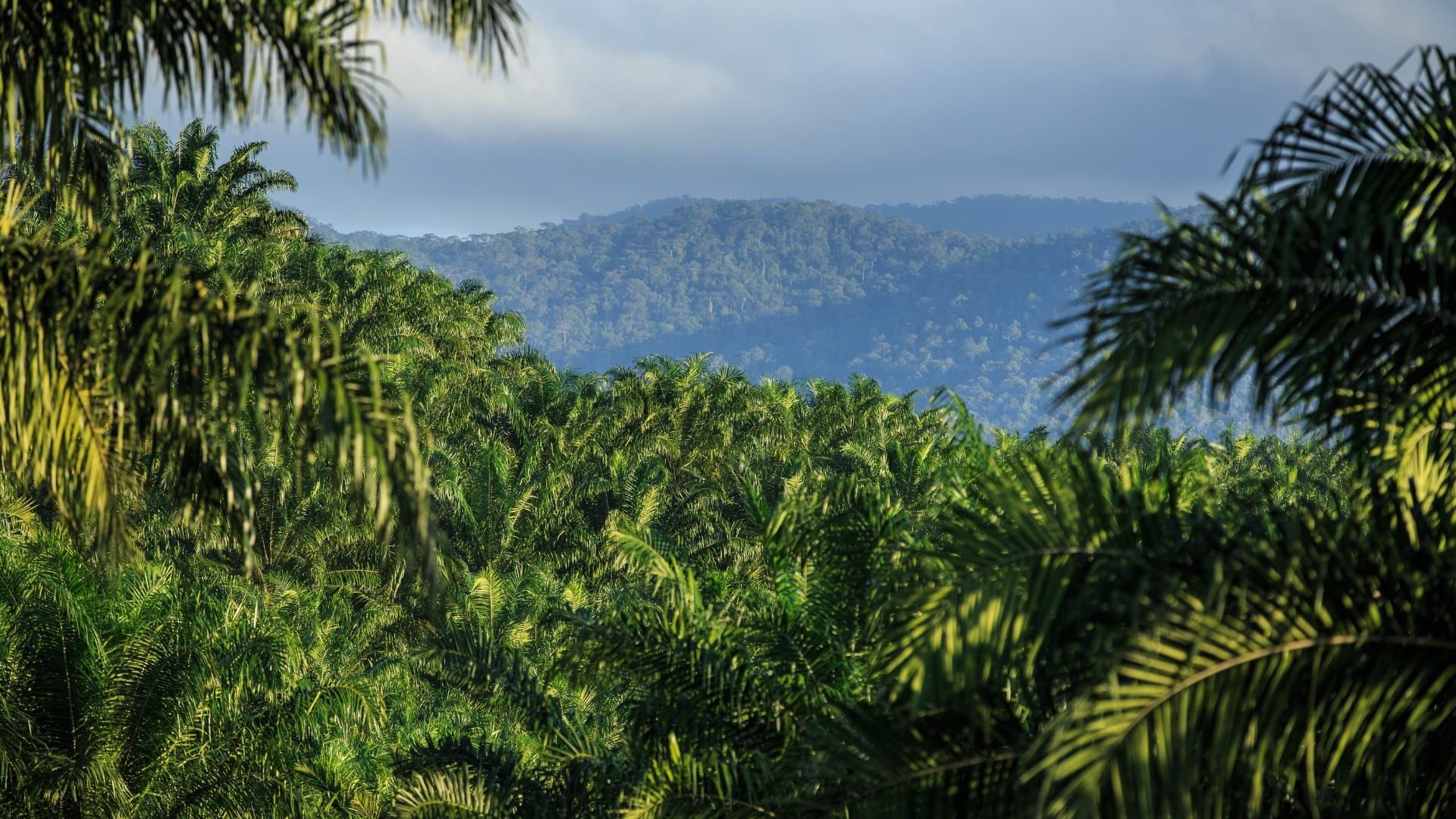
RSPO x JaSPON Conference and Member Engagement Forum 2025 Spotlights Japan’s Sustainability Success and Market Growth
Call for Expression of Interest: Independent Investigation of a Complaint
Call for Expression of Interest: Mexico National Interpretation Task Force for 2024 RSPO Principles and Criteria (RSPO P&C) and Independent Smallholder (ISH) Standard
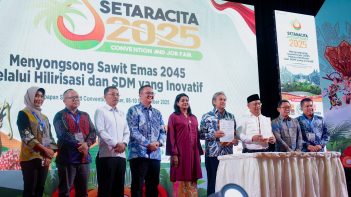
RSPO–APKASINDO Partnership to Boost Inclusive Growth, Certification, and Market Access for Oil Palm Smallholders

Open Letter to COP30 President: Integrating Forests and Biodiversity: A Policy Central to Paris Agreement Success
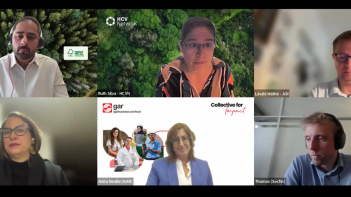
Bridging the Auditing Divide: Key Takeaways from the RSPO Assurance Forum 11
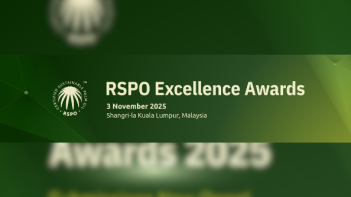
Extension of RSPO Excellence Awards 2025 Submission Deadline!
